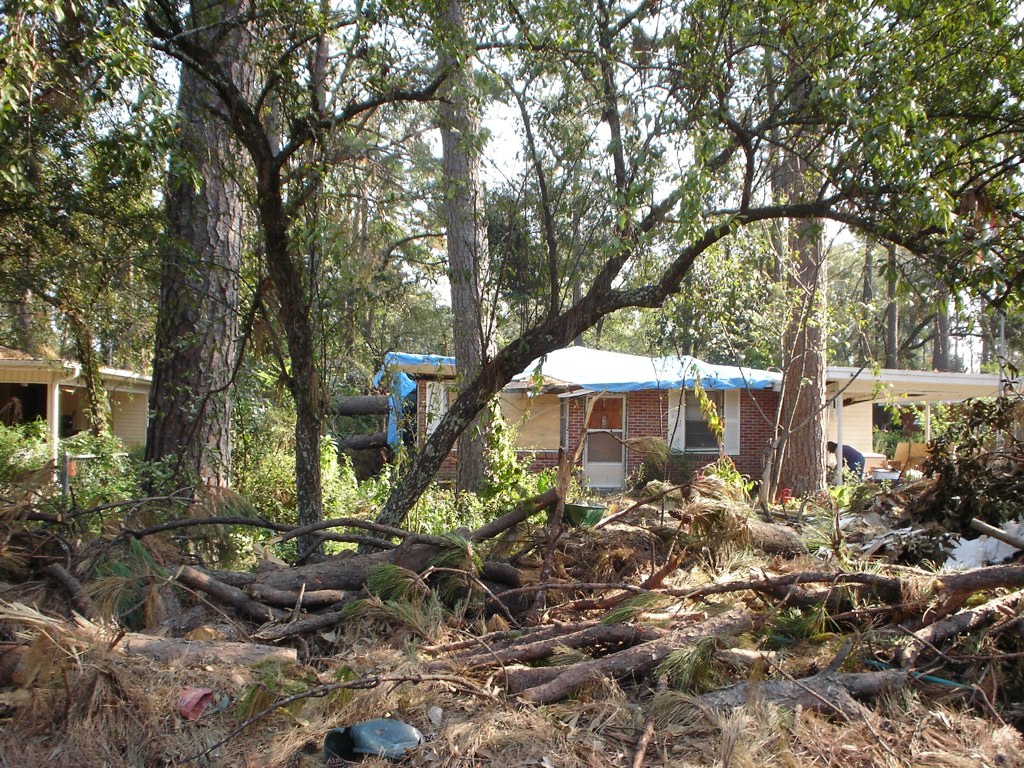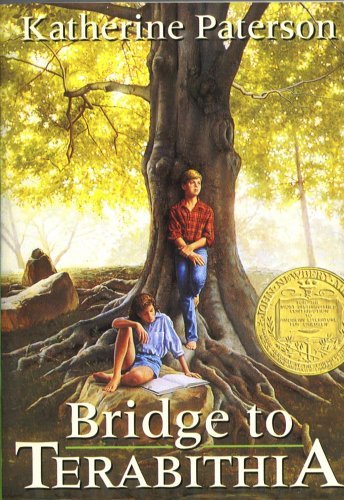It is the reviewer’s comments that I find interesting here. I had no idea that there was a term for these books, let alone that it was a growing trend.
[I]t is what’s become known as a “grief memoir.” Its points of overlap with similar books lead the reader to a conclusion: Without secular rituals to guide us, such memoirs have become our primers in the logic and ethics of mourning. They are what we turn to when we are not sure where else to turn.
One might argue, of course, that the recent swarm of grief memoirs is just another manifestation of our confessional culture of self-disclosure. I’m biased — I wrote one of these books myself — but I think what we’re seeing here is something deeper and more useful: a desire to understand and give shape to an experience that defines us, an experience that is ethical and social in nature. How we grieve alone tells us something about who we are together. These books teach us that grief is not something merely to endure, medicate away or “muscle through,” but an essential aspect of life — even a kind of privilege. “What does it mean to grieve in the absence of religious culture?” Alexander asks, devastated by her seemingly unbearable loss, searching for meaning where none initially presented itself.
Source: ‘The Light of the World,’ by Elizabeth Alexander – NYTimes.com
It makes me rethink whether I will have anything to contribute. [mfn]As an aside, I think I actually agree with those who suggest that this is part of “our confessional culture of self-disclosure.” I am not utterly opposed to some of this in culture, more the confessing and less of the “this is my lunch” self-disclosure (as much as my Facebook feed would attest to the latter in my life). [/mfn] Then I read that the poet’s question is “What does it mean to grieve in the absence of religious culture?” Odd that apparently the book is filled with references to Christian holidays of great significance (they bury her husband “two days before Easter,” isn’t that Good Friday?) and yet the challenge before the author is apparently how to carry on in the absence of faith (on that Easter she wrote, “I call out, to no one. Will I remember everything? What am I meant to keep?”
So perhaps there is room for another “grief memoir” or two, particularly ones that affirm that there is one to whom we can call out.






One thought on “‘The Light of the World,’ by Elizabeth Alexander – NYTimes.com”
This is an excellent post. It is probably necessary to read the entire NY Times article, but the quote is enough to show that grief in the secular world, the world “under the sun,” is vanity. There is the unbelief in God, Christ and the Resurrection. Yet, I think, the proclamation of the Resurrection in I Cor. 15:51-58, I Thess. 4:13-18 and John 14:1-6 is necessary. In fact, I would also add the the proclamation found in the Lord’s Supper fits in well here, “we do proclaim the Lord’s death until He Comes” ( I Cor. 11:26). Whether or not the person is comforted by it is another story altogether. Furthermore, there needs to be a full understanding of what grief is, its manifestations, its positive and negative consequences, etc.
For Christians, the grief we have in the death of a loved one is one of certain hope in the Resurrection. We still grieve, but it is a different type of grief than the one who has no hope. The non-believer is into desperation, denial and despair. For the Christian, there is still grief that the loved one has gone on and is not here. It is separation anxiety. While the non-believer, though temporarily separated from the loved one, is fearful of Death. The Christian, though temporarily separated from the loved one, looks forward to the day of Resurrection.
It takes “time” to get through the grief process. It is a process that must NOT be short-circuited. This is where the difference between the sacred and the secular is so different. It is in the attitude toward death. One is fearful of death, the unknown beyond the grave; while the other is comforted by the fact of life and the knowledge beyond the grave; in the sure knowledge of the Resurrection.True, eventually, all will be resurrected, but the one is resurrected into eternal punishment and separation from God and Christ; while the other is resurrected into eternal life and presence with God and Christ.
Galatians 6:2, 5, “Carry each other’s burden, and in this way you will fulfill the law of Christ…for each one should carry his own load.” II Cor. 1:3ff, “Praise be to the God and Father of our Lord Jesus Christ, the Father of compassion and the God of all comfort, who comforts us in all our troubles, so that we can comfort those in any trouble with the comfort we ourselves have received from God. For just as the sufferings of Christ flow over into our lives, so also through Christ our comfort overflows.”
Bryant